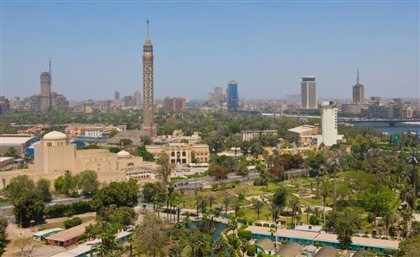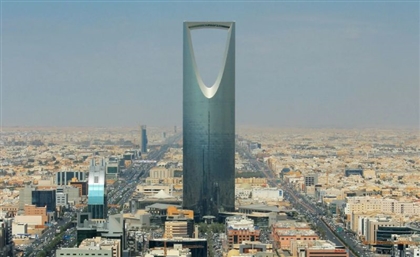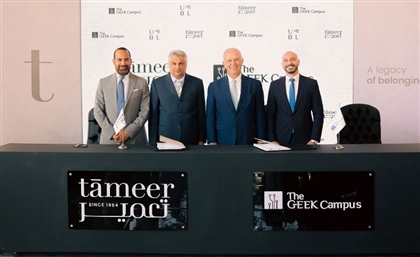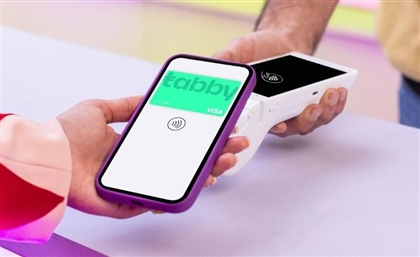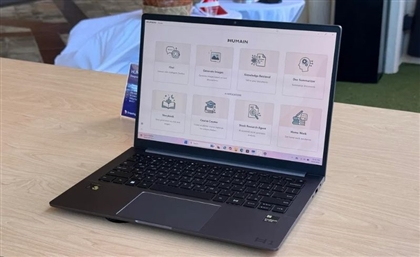These Greentech Startups Are Leading Sustainability in MENA
Across MENA, greentech startups are transforming sustainability with gamified recycling, AI-agritech, smart water systems, and tools accelerating climate action and circular economies.
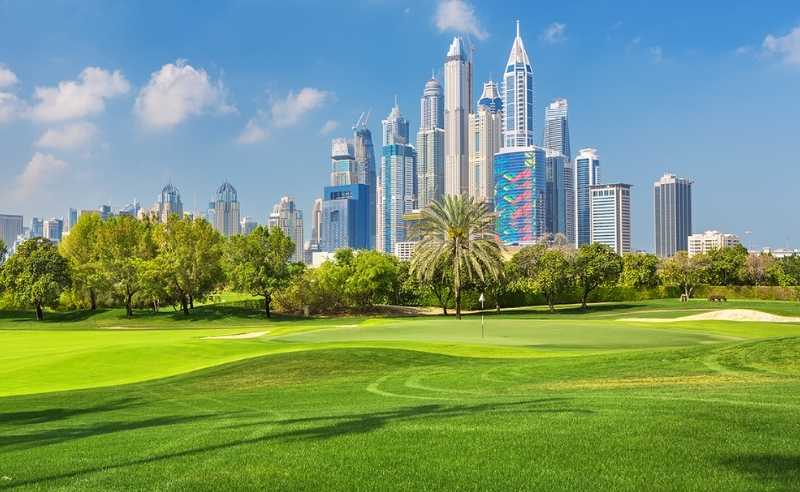
As sustainability measures come to the forefront of social issues in MENA, innovative GreenTech startups have begun popping up in massive numbers. Not only are there an abundance of innovators, the new technologies being introduced into the technology ecosystem are changing the game of how we practice sustainability.
In 2023, MENA's green technology and sustainability market generated $827.7 million with projections to reach $2.98 billion in 2030 at a CAGR of 24.8%. Considering its massive potential, entrepreneurs have capitalized on this opportunity and are playing an essential role in environmental reform.
From gamified recycling to sophisticated AI-powered agritech, these startups are creating a new launching pad for the next generation of environmentalists.
Bekia (Egypt)
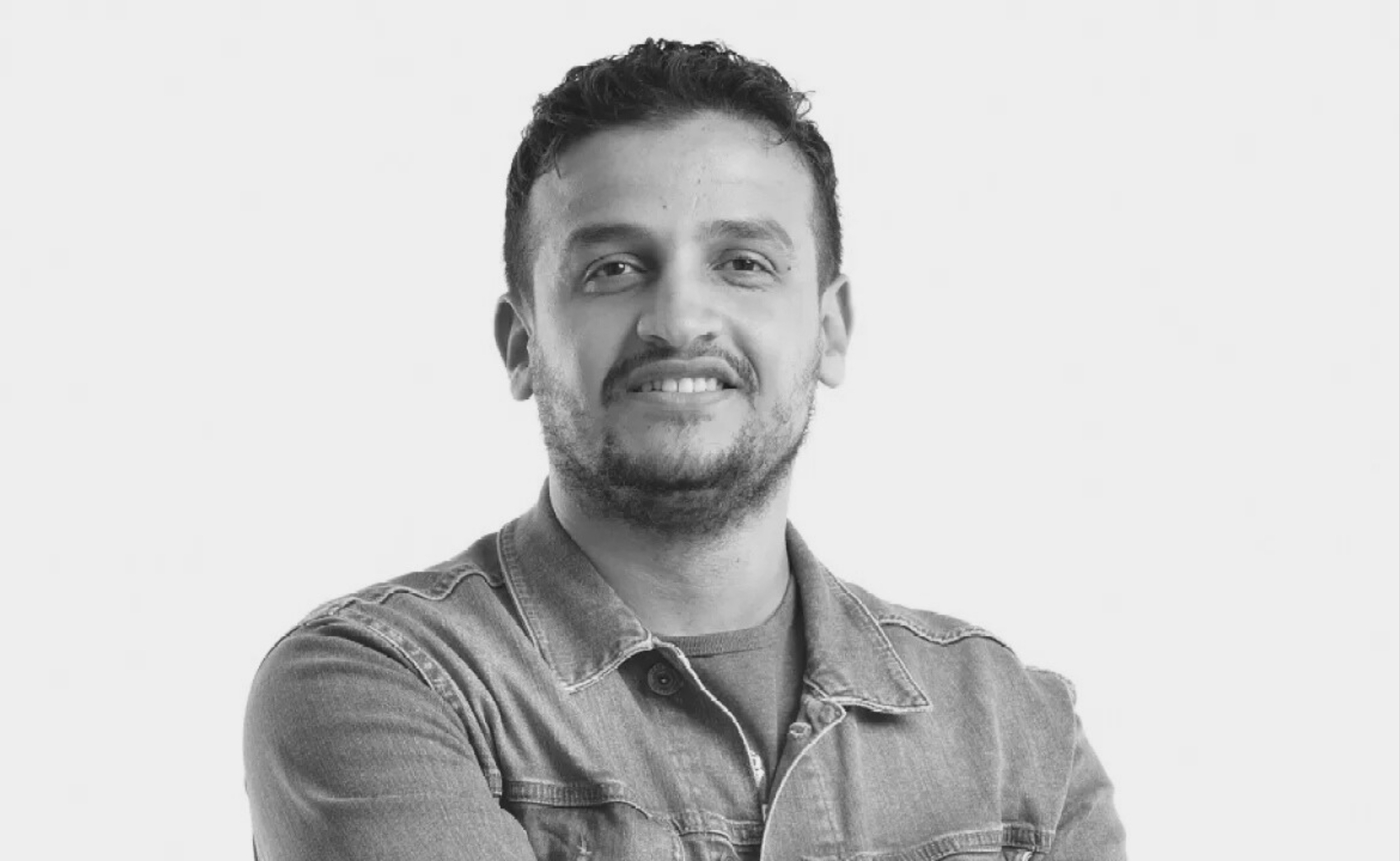
This Egyptian-born startup is leading waste management and sustainability by promoting a circular economy. As a digital platform, it provides access to households, businesses, and municipalities around the country where they can exchange inorganic waste for goods, services, and cash. Bekia’s mission is to increase recycling rates by offering a financially and socially beneficially way to dispose of unwanted items.
Plstka (Egypt)
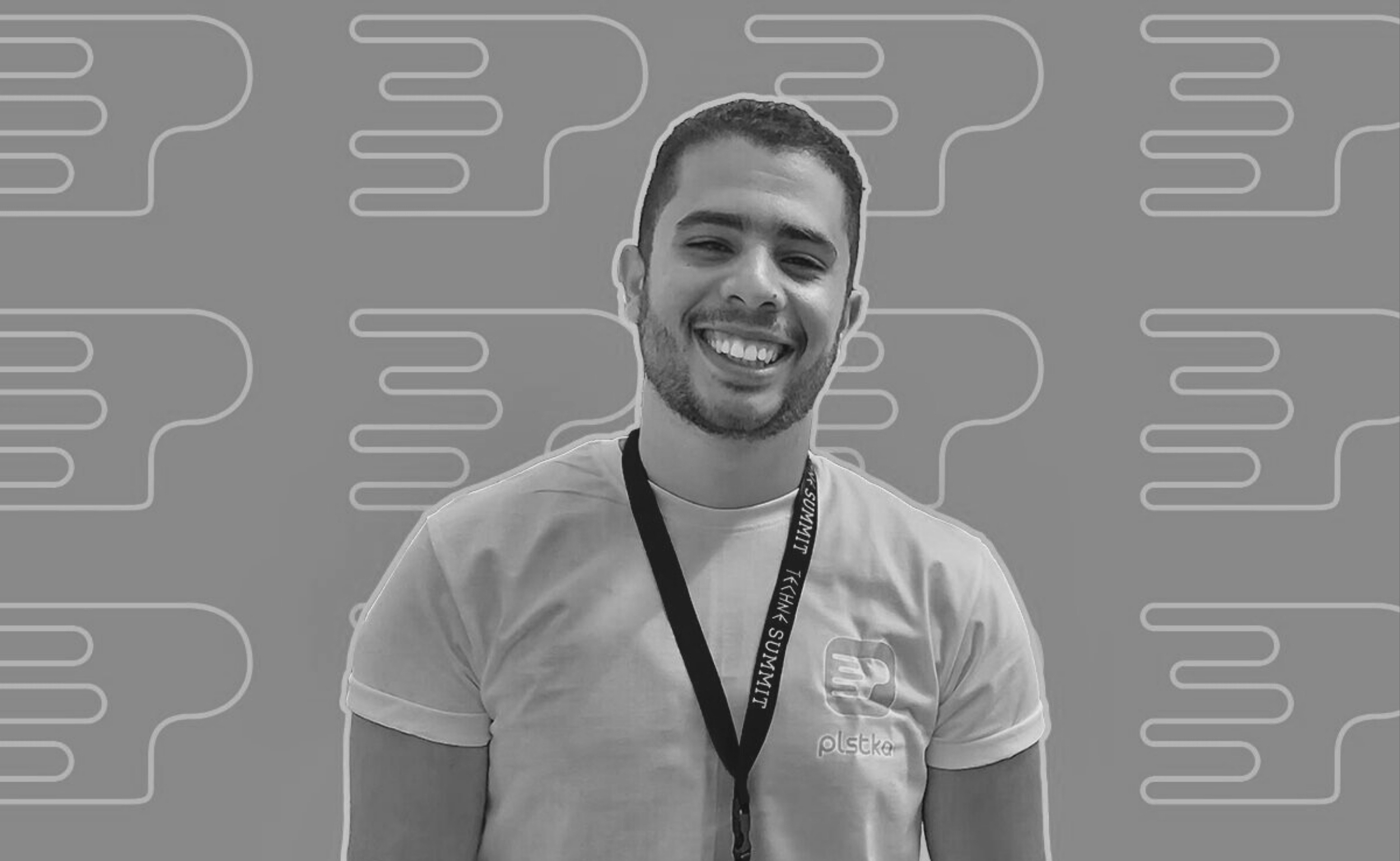
Plstka, a gamified recycling app, is used to exchange solid waste for discount coupons of real goods and services, including food, drink, medical needs, and transportation. In an effort to drive engagement, users can compete in a month-long race for the highest score with a prize for each region and city. As it grows across the Delta region, it is stimulating community participation and contributing to Egypt’s developing circular economy.
iyris (Saudi/UAE)
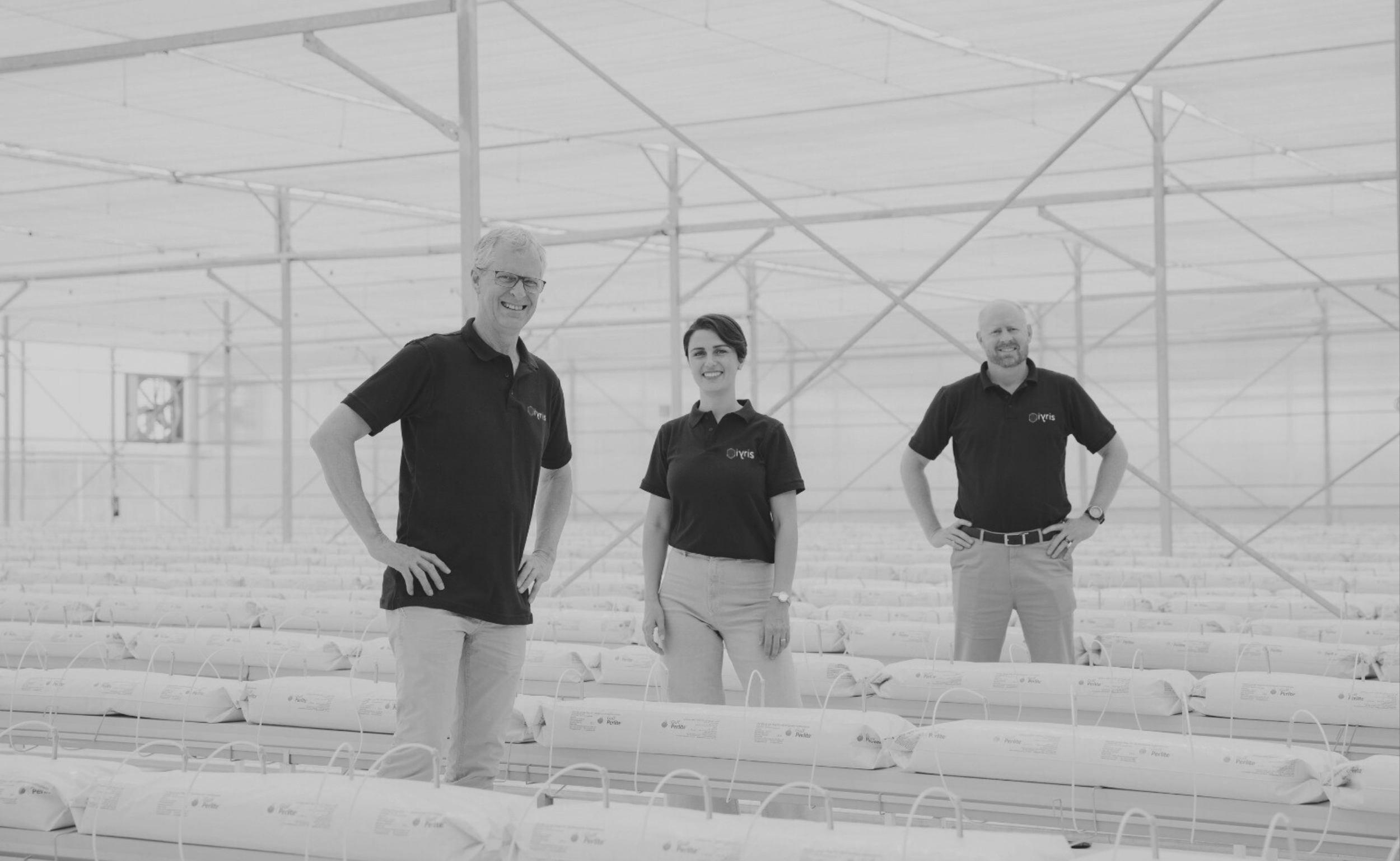
Focused on agri-climate technology, iyris works in the development of solutions for commercial farming in hot climates. Its products, including greenhouse covers that block near-infrared heat radiation and heat- and drought-resistant plant genetics, are pioneering sustainable food development. By reducing the load on crops, iyris reports that their technology can help farmers reduce water and energy consumption by 90%.
P-VITA (Egypt)
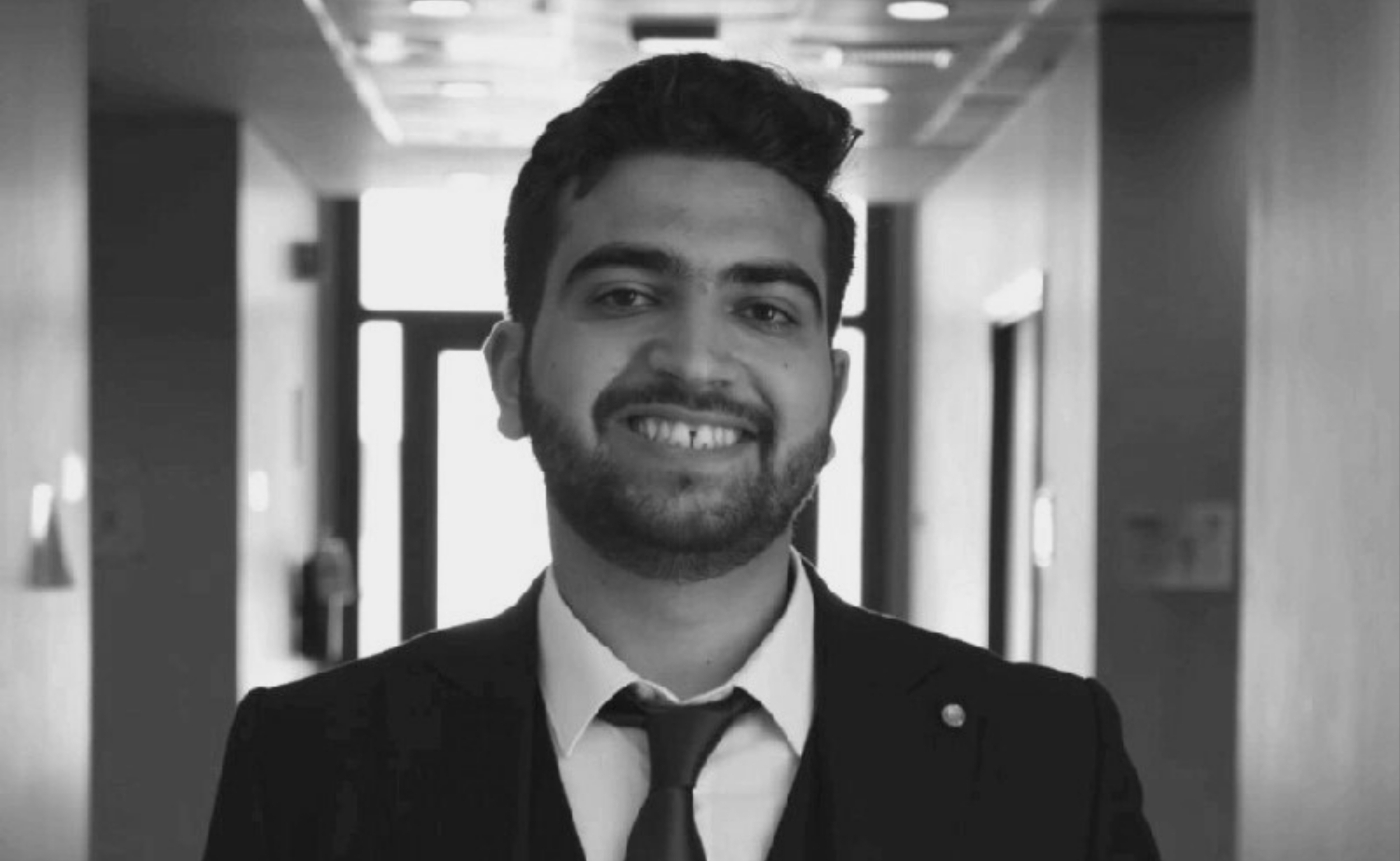
Using AI and IoT, this biotech startup produces natural raw materials sustainably for a number of industries such as food, beauty, and pharmaceuticals. Their process reduces environmental impact while supporting a sustainable industrial supply chain. With a holistic approach in mind, P-VITA underscores their intention of building a circular bio-economy and creating economic opportunities for farmers.
Natufia Labs (Saudi Arabia)
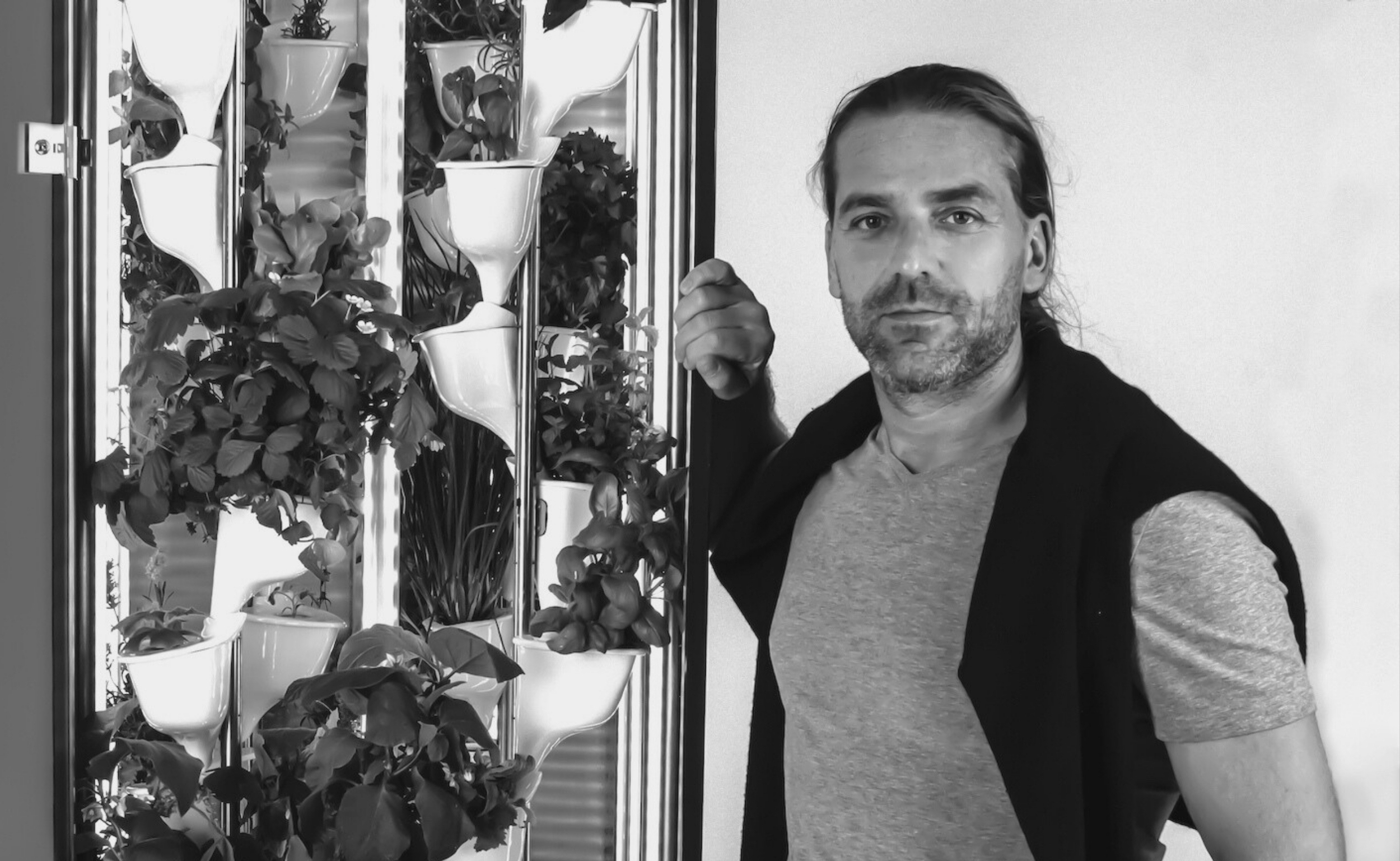
A team including technologists, botanists, chefs, and architects, Natufia was created to offer individuals forward thinking solutions to healthy living. They focus on delivering smart indoor urban agriculture solutions using automated nutrient systems and software that minimizes water consumption. This startup returns power to the consumer by enabling them to grow fresh produce year round.
Nrecycli (Algeria)
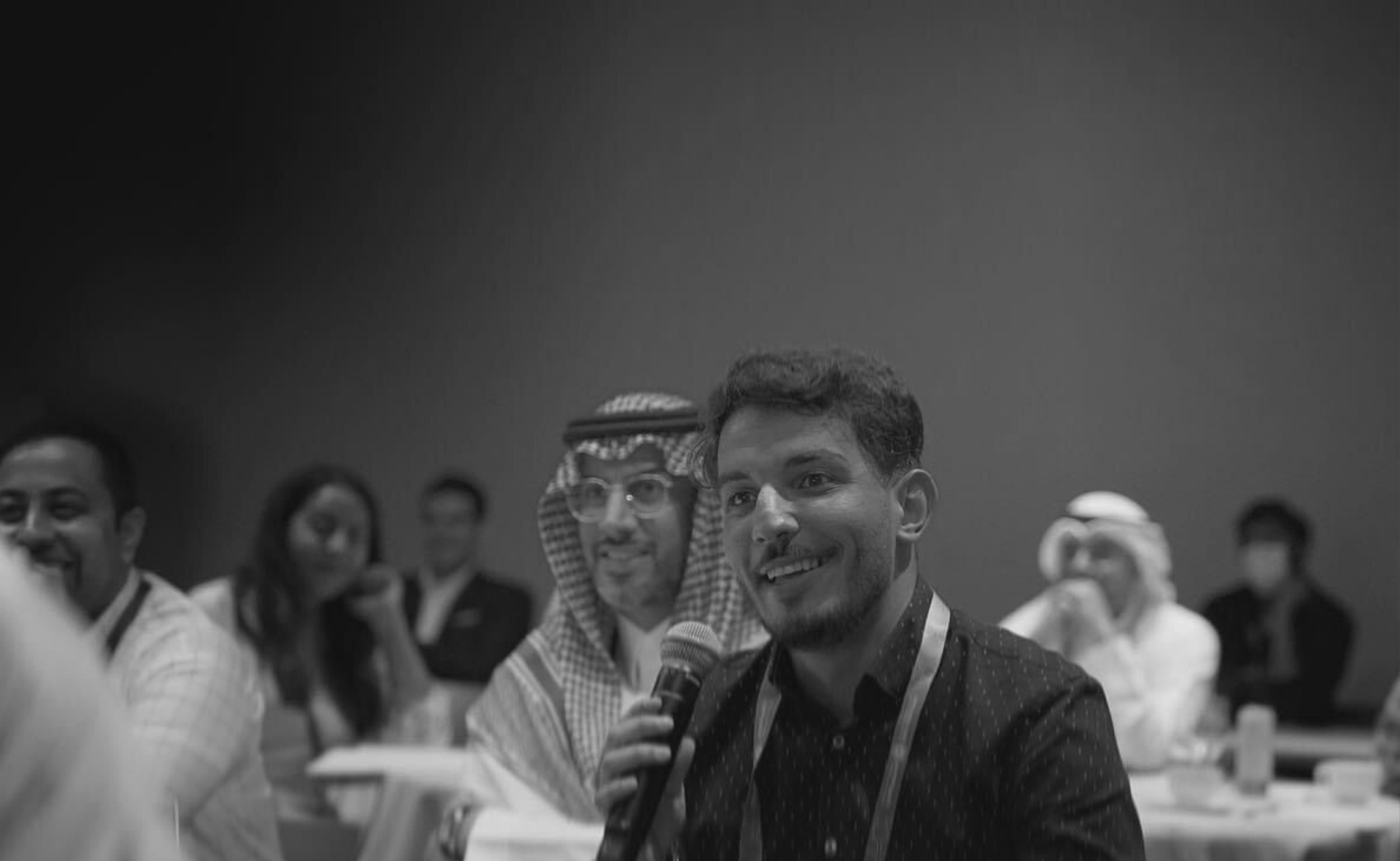
Similar to Plstka, this Algerian startup developed a gamified recycling platform that trains its users on waste sorting, offers designated collection points of recycling transportation, and rewards marketplace to trade points for goods and services. Its integration of informational waste collectors and collection sites effectively incentivizes recycling, something that is notoriously effective. Nrecycli positively signals the development of Algeria’s recycling ecosystem and infrastructure, improving traceability, efficiency, and sustainability.
WaterSec (Tunisia)
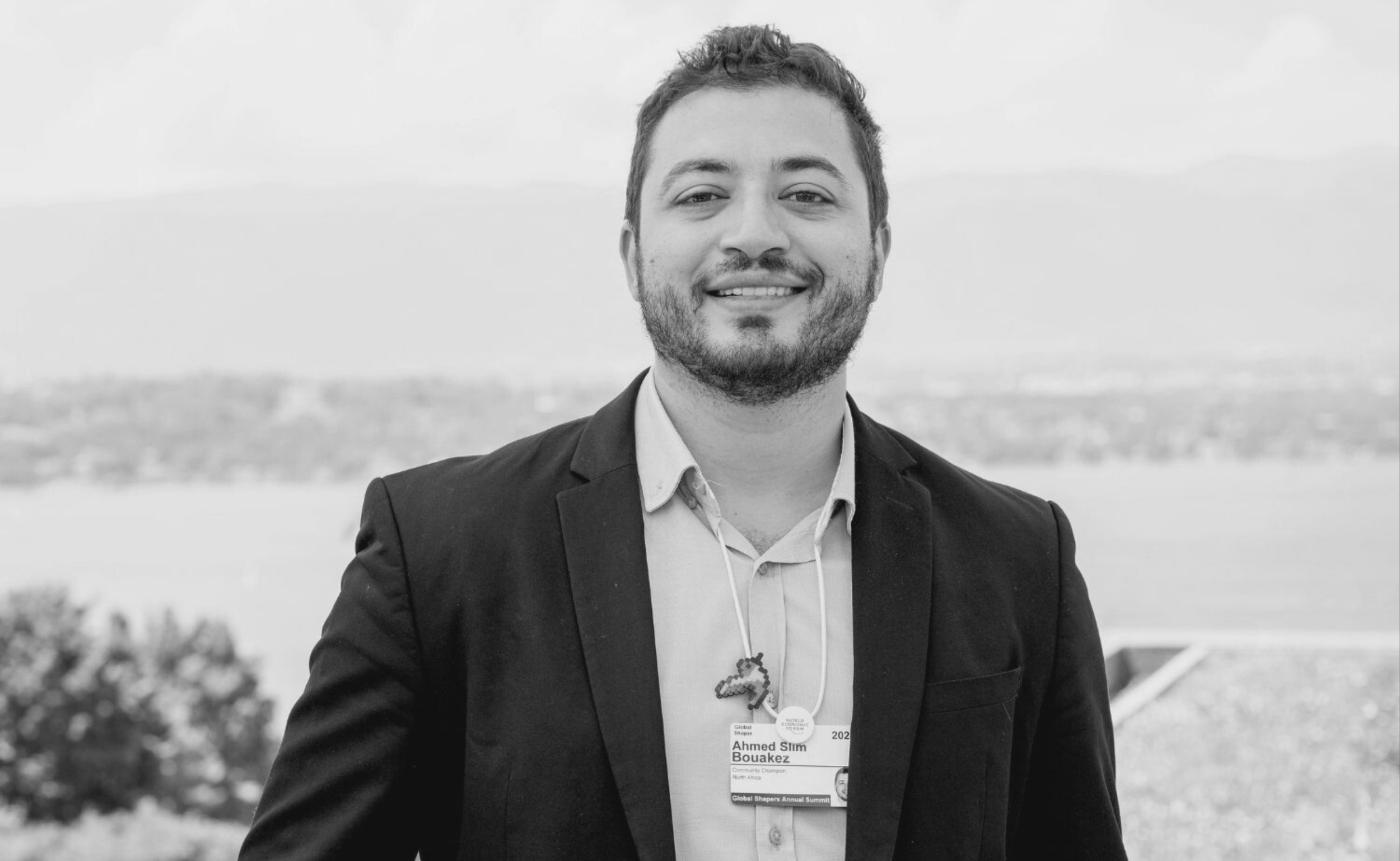
They said it themselves, WaterSec is responding to the critical problem of wasted water in periods of scarcity. This startup employs IoT and AI for their smart water management system. Using these technologies to help detect leaks, monitor usage, and optimize consumption, they are helping cities and businesses considerably reduce water loss and operational costs.
Mirai Solar (Saudi)
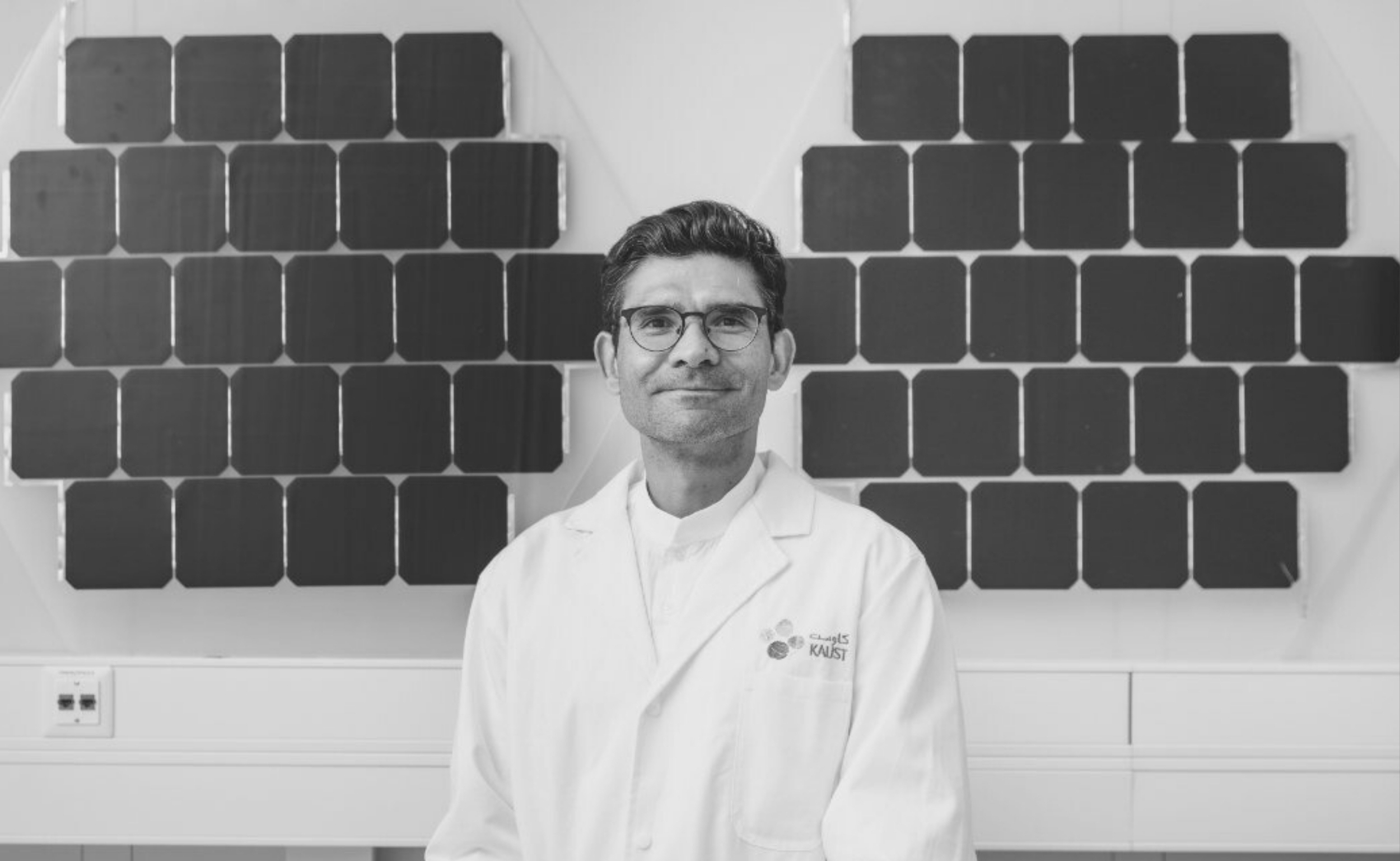
Part of sustainable development is creating products that have multiple functions. This startup born out of King Abdullah University of Science and Technology (KAUST) developed a folding shade system that has photovoltaic cells located on the exterior of the shades. One of their many applications includes usage for greenhouses: the shade reduces heat stress on crops while solar panels generate electricity to power the greenhouse.
Zero by Olive Gaea (UAE)
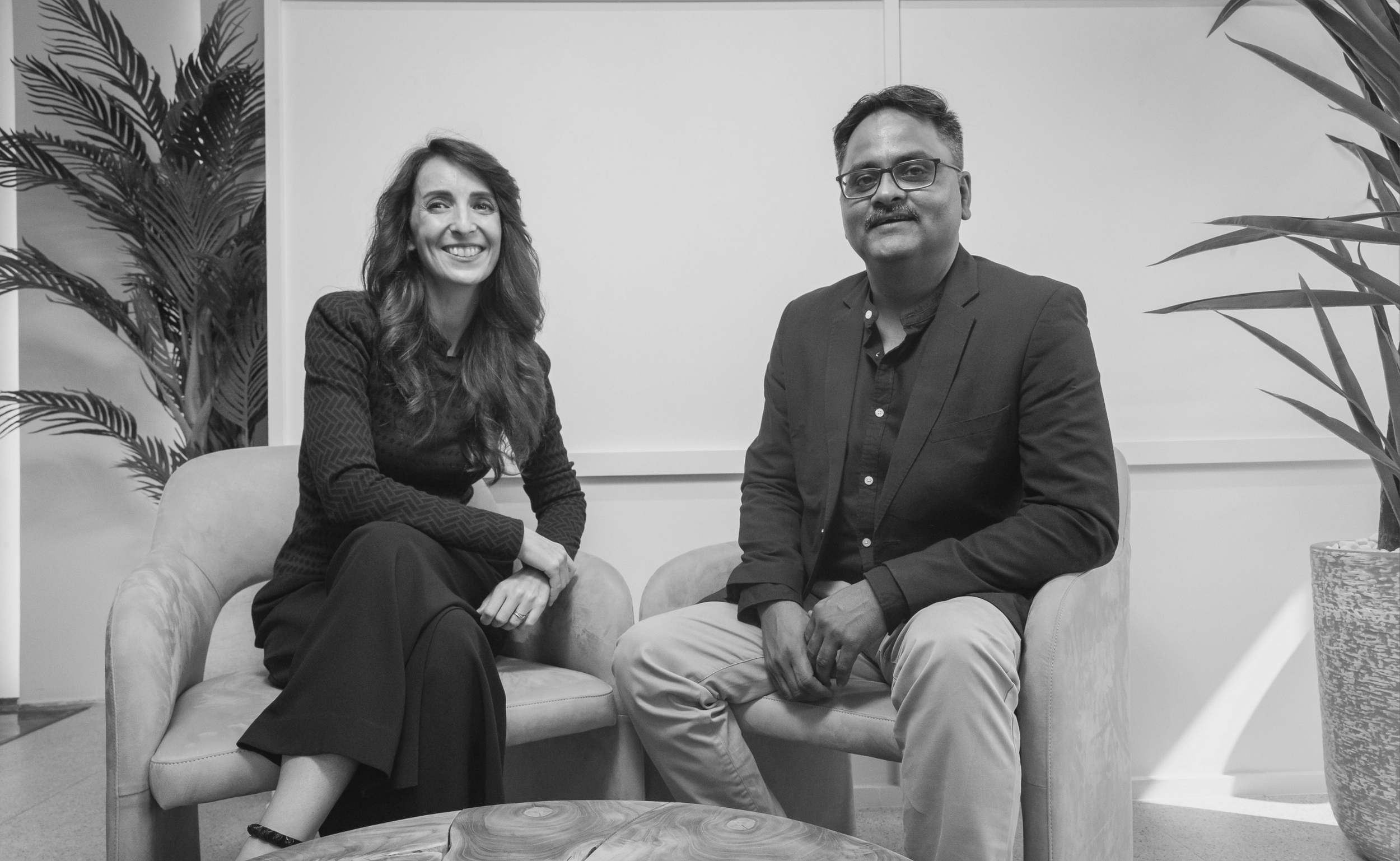
This Dubai-based SaaS climate-tech company offers AI-driven carbon accounting and management tools to help businesses measure, reduce, offset, and report their emissions. Olive Gaea significantly reduces barriers surrounding sustainability, allowing for organizations to adopt credible climate strategies that meet global standards.
- Previous Article Saudi Fintech Erad Raises $125M in Credit Facility Led by Jefferies



